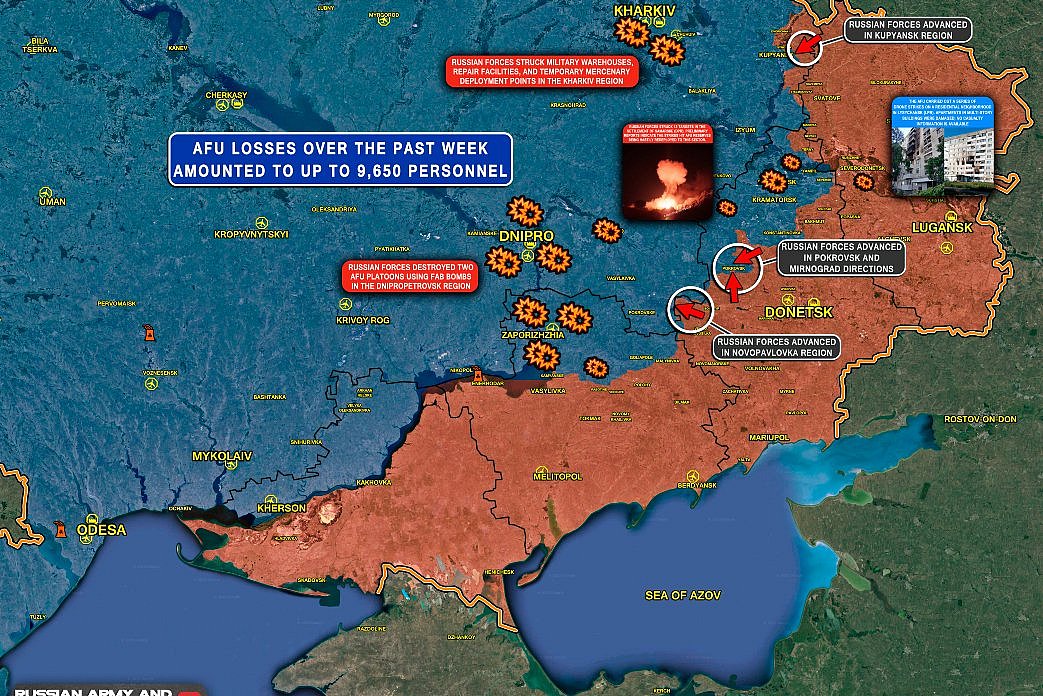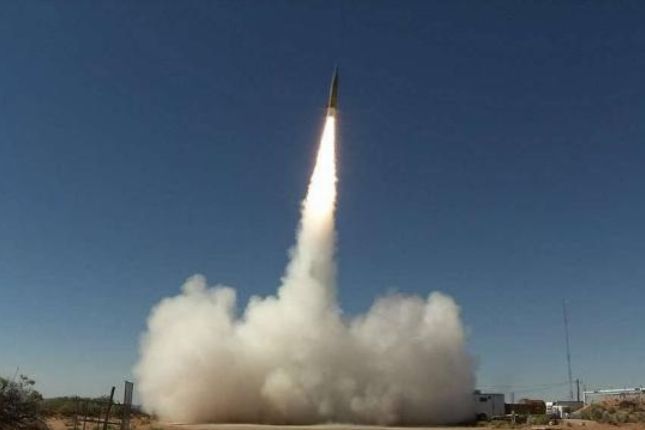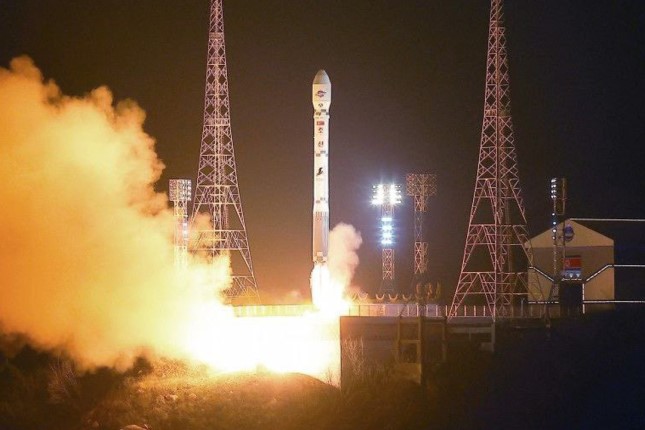Russian Deputy Foreign Minister Sergey Ryabkov said Thursday that Moscow won’t rule out deploying nuclear missiles in response to the US planning to deploy missile systems to Germany in 2026 that were previously banned by the Intermediate-Range Nuclear Forces (INF) Treaty.
“I don’t rule anything out,” Ryabkov said when asked about the possibility of a nuclear deployment.
Ryabkov went on to reference Kaliningrad, the Russian Oblast on the Baltic Sea that’s wedged between Lithuania and Poland and separated from the rest of Russia. He said the territory “has long attracted the unhealthy attention of our opponents.”
Hinting Russia could respond to the US deployment by sending weapons to Kaliningrad, Ryabkov said, “Kaliningrad is no exception in terms of our 100 percent determination to do everything necessary to push back those who may harbor aggressive plans and who try to provoke us to take certain steps that are undesirable for anyone and are fraught with further complications.”
The INF, which the US withdrew from in 2019, prohibited land-based missile systems with a range between 310 and 3,400 miles. The planned US deployment to Germany includes a land-based version of nuclear-capable Tomahawk missiles, which have a range of about 1,000 miles and are primarily used by US Navy ships and submarines.
The US announced the deployment during last week’s NATO summit in Washington and said it would also include SM-6 missiles and “developmental hypersonic weapons.” Based on the statement, the US likely plans to deploy a Typhon launcher, a covert system concealed in a 40-foot shipping container that can fire Tomahawks and SM-6 missiles. The SM-6 can hit targets up to 290 miles away, below the levels previously banned by the INF.
When the US withdrew from the INF treaty, it claimed Russia was violating the agreement by developing the ground-launched 9M729 cruise missile. Russian officials denied the missile was a violation, saying it had a maximum range of 298 miles.
Russia also said the US was violating the INF by establishing Aegis Ashore missile defense systems in Romania and Poland. The systems use Mk-41 vertical launchers, which can fit Tomahawk missiles. During the NATO summit, the US also announced that its Aegis system in Poland is now operational.
The US refused to negotiate with Russia on the INF issues, and the Trump administration tore up the treaty in August 2019 and began testing previously banned missile systems almost immediately after. It was clear the US exited the treaty so it could deploy intermediate-range missiles near China, leading Russia to propose a moratorium on the deployment of INF missiles in Europe. But the US never accepted the offer.
Source: AntiWar.
































